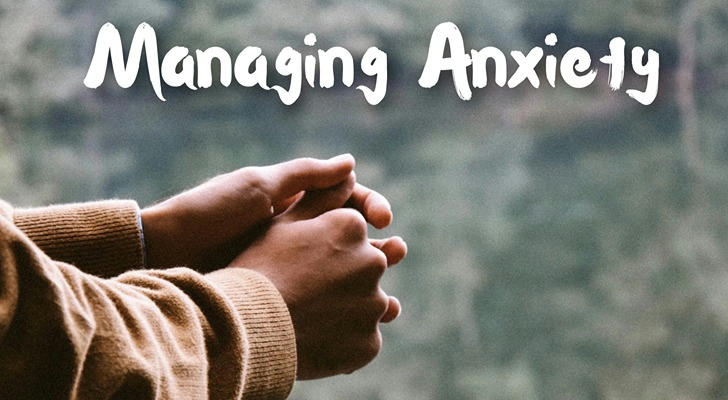Mental Health for Older Women: Coping with Stress, Anxiety, and Depression
As women age, mental health often takes a backseat. Yet, stress, anxiety, and depression are serious issues that deserve attention. From navigating life changes to coping with physical transformations, older women face unique challenges that can impact mental well-being. Understanding and managing these challenges is crucial to maintaining a balanced and healthy life.

Understanding the Struggles
It’s no secret that mental health conditions like stress, anxiety, and depression are common among older adults. According to research, 1 in 5 older adults experience some form of mental health issue, with women being more susceptible. The pressures of aging, such as retirement, health issues, and loss, can make older women feel overwhelmed. Recognizing the signs early can be vital for maintaining mental health.
1. Coping with Stress: Managing Life’s Pressures
Stress is part of life, but when it becomes chronic, it can have serious effects. Older women often experience stress due to financial concerns, caregiving roles, or major life transitions like retirement.

What can help manage stress?
Self-care: Taking time for yourself—whether it’s enjoying a hobby, taking a warm bath, or simply relaxing—can reduce stress levels. Studies by the National Institute on Aging show that engaging in enjoyable activities helps relieve stress and improves well-being.
Mindfulness and Meditation: Techniques like deep breathing and meditation can help reduce the body’s stress response, allowing you to stay calm and focused.
Exercise: Regular physical activity is one of the most effective ways to combat stress. Simple exercises like walking, yoga, or swimming can reduce anxiety and enhance overall health.
2. Anxiety: Managing Worry
Anxiety is common for older women, often triggered by changes in health, relationships, or finances. If left unchecked, it can become a constant source of unease, affecting everyday life.

How to manage anxiety:
Talk Therapy: Cognitive Behavioral Therapy (CBT) has been found to be especially effective for older adults. It teaches how to challenge negative thought patterns and develop healthier coping strategies.
Medication: For some, medication may be necessary. Antidepressants or anti-anxiety medications, prescribed by a doctor, can help manage symptoms of anxiety.
Support Groups: Social connections play a huge role in managing anxiety. Studies show that sharing concerns with others in similar situations can significantly lower anxiety levels and provide a sense of relief.
3. Depression: Finding Hope
Depression is more than just sadness—it’s a condition that affects thoughts, feelings, and daily life. For older women, depression may arise from factors like declining health, loss, or a sense of purposelessness.

Signs of depression include:
Constant sadness or feelings of hopelessness
Lack of interest in activities once enjoyed
Changes in sleep patterns (either too much or too little)
Difficulty concentrating
What can be done to manage depression?
Therapy: Talking to a professional can help uncover the root causes of depression and guide toward healthier thinking patterns.
Exercise and Diet: Regular physical activity and a balanced diet, rich in nutrients, can improve mood and provide more energy.
Medication: In some cases, antidepressants prescribed by a doctor may help. When combined with therapy, medication can often lead to significant improvement.
4. The Importance of Social Connections
One of the most effective ways to maintain good mental health is by staying connected to others. Social isolation is common among older women and can lead to increased risks of anxiety and depression. Engaging with others regularly can combat loneliness and improve mental well-being.

Ways to stay socially connected:
Join Groups or Clubs: Participating in local clubs, whether it’s for hobbies or support, can create valuable social bonds.
Stay in Touch with Family and Friends: Regular interactions with loved ones, whether through phone calls, video chats, or visits, can prevent feelings of isolation and loneliness.
Volunteering: Helping others provides a sense of purpose and fulfillment. It can also help build meaningful connections with people who share similar values.
Conclusion: Taking Charge of Mental Health
Mental health struggles, such as stress, anxiety, and depression, are common challenges faced by older women, but they don’t have to be a permanent part of life. By identifying symptoms early, seeking professional help when needed, and incorporating healthy lifestyle changes, managing these challenges is entirely possible.
Taking proactive steps—whether it’s joining a support group, trying out a mindfulness practice, or simply staying physically active—can significantly improve mental well-being. By making these changes, older women can lead healthier, happier lives and embrace the aging process with confidence.
